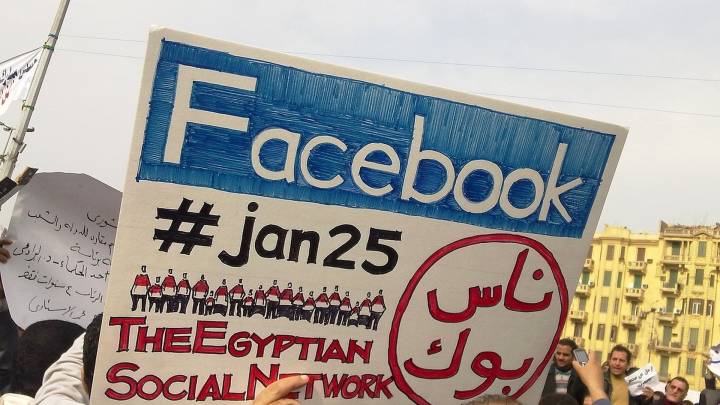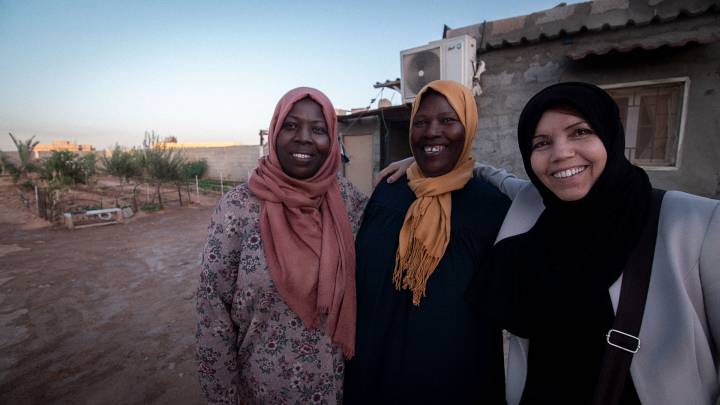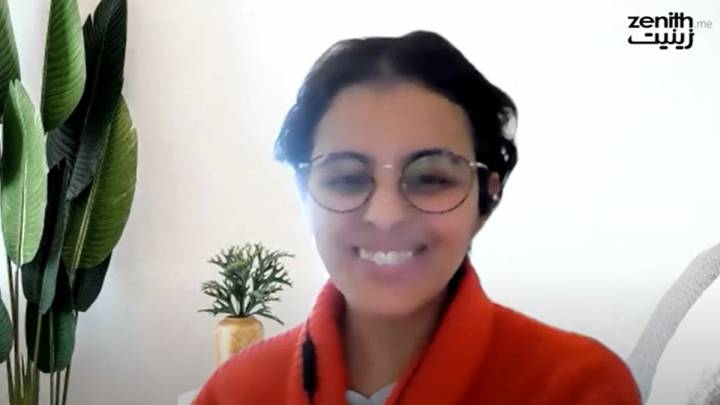Libya’s warring factions, and their international backers, converge on Berlin today in a bid to end the country’s latest civil war. Here’s what it takes for the conference to be a success.
Both Khalifa Haftar, the leader of the Libyan National Army (LNA), and Fayez al-Sarraj, the prime minister of the UN-backed Government of National Accord (GNA) are set to meet with leading figures from across Europe, the Arab world and the USA in Berlin today. The conference comes amid Haftar’s ongoing assault on Tripoli which he launched on 4 April 2019, and on the heels of the failure of a joint Russian-Turkish summit on Libya, which was held in Moscow last weekend. Whilst Sarraj signed a ceasefire agreement, Haftar rejected it, which led to some questioning his motivations for attending the summit.
In the week since the Moscow talks, preparations for Berlin seem precarious. The UAE has increased their military presence in eastern Libya over the last five days in preparation for a new offensive. Less than 24 hours before the conference was due to start, Haftar’s forces illegally shut down two-thirds of Libya’s oil production, and launched airstrikes against the GNA, breaking a ceasefire that had held for the past week.
The success of the Berlin conference will be gauged by a concrete agreement on an implementable ceasefire, a constructive political roadmap, and the engagement of international backers of both rival factions.
Phased demarcation
For a ceasefire to endure in Tripoli, the rival factions must agree to the implementation of a buffer zone and a troop withdrawal process. Reaching such an agreement is vital because it allows the 150,000 civilians displaced by the offensive on Tripoli to receive humanitarian assistance, and also for a long-term peace process to proceed without risk of fighting breaking out once more.
Sarraj has requested that Haftar withdraw his forces and return to his pre-4 April offensive military positions. This would see Haftar lose territory he has captured in Tripoli’s southern suburbs. Haftar will likely rebuff any attempts at meaningful demarcation to consolidate his gains won during the offensive, and to exploit the proximity of his forces to Tripoli to pressure his adversaries in any future political process. This would leave Sarraj vulnerable to being strong-armed in negotiations, a situation his forces on the ground would struggle to accept, and which could jeopardise any meaningful ceasefire.
Instead of pushing the eject button to expel military forces immediately, negotiations in Berlin could succeed by offering a demarcation line to be phased in over time, which would see the gradual removal of both LNA and GNA forces from the environs of Tripoli. A progressive demarcation would remove the win-lose narrative from the ceasefire, build trust between the rival forces as they withdraw over time, and offer international parties monitoring the peace process something tangible to believe in.
Unifying the military
Previous international attempts at achieving ceasefires in Libya have focused on “unifying the military” and efforts to “dismantle militias”. These may be noble endeavours, but the language they employ is deliberately vague and feeds into Haftar’s narrative allowing him to renew the conflict. Haftar has claimed his assault by his regular forces on Tripoli is specifically aimed at disbanding irregular counterparts in the city.
Whilst the GNA, which has been open about the hotchpotch of armed groups defending the capital, asserts that Haftar’s claims to have established a regular force in Libya are wide of the mark. The LNA is a network of patronage consisting of tribal armed groups, a handful of military units, a Pretorian guard of Salafi armed groups, and a cohort of Sudanese and Russian mercenaries. The only thing that unites them are their military uniforms on their backs, but little else resembles an army that could be merged with the GNA. Haftar will likely renew his offensive on Tripoli if the talks in Berlin break down on the vague pretext of “dismantling militias” and “unifying the military”.
Haftar and Sarraj previously agreed a ceasefire in Paris in 2017, which was poorly worded and led to a resumption of the conflict by other means. The ceasefire was celebrated as a success but the term “counter terrorism” was specifically exempt from the agreement and then used as a pretext to launch the offensive on Tripoli in April 2019.
Terrorism is likely to be back on the agenda in Berlin. Haftar has repeatedly labelled his political competitors, military rivals, and tribal adversaries as terrorists to justify his use of force. If the rumours are true, the Berlin conference seeks to endorse an ambiguous definition of “dismantling militias” or “counter terrorism” which could yield the same effect yet again.
Any successful ceasefire and peace process should be depoliticised, removing polarising and ill-defined terms such as terrorism which could easily be used to restart the conflict. Internationally-recognised legitimacy should be founded upon a strong commitment to disband armed groups from all sides, and to establish impartial armed forces under a clear military chain of command and civilian oversight. Such legitimacy should not be a prize to be captured by brute force.
External actors
External actors have played a critical role in fuelling the violence in Libya and derailing diplomatic efforts to the resolve the conflict. Yet these actors have at their disposal the tools to end the fighting. Sarraj asked Turkey for drones and troops to support the GNA after failing to win the support of the EU to halt Haftar’s offensive. But Turkey demonstrated that they can also engage constructively in the political process by persuading Sarraj to sign a ceasefire agreement in Moscow.
Haftar, on the other hand, has relied upon a combination of diplomatic immunity from sanctions to rebuff attempts to negotiate a ceasefire and international military support to sustain his offensive. The UAE has prolonged the conflict by launching drone and airstrikes on Tripoli this week, in violation of the arms embargo. Egypt routinely violates the arms embargo by supplying Haftar with weapons over its border with Libya. Diplomatically, France as both a member of the UN Security Council and the EU has exercised its diplomatic veto early in the conflict to block sanctions, relieving both Haftar and his Egyptian and Emirati backers from diplomatic pressure to force them to the negotiating table.
For the Berlin conference to be a success, Turkey, the UAE, and Egypt should agree to a ceasefire and to uphold the arms embargo. Turkey, for its part, has done so, whilst the UAE and Egypt have evaded scrutiny as a result of Russia’s high-profile involvement.
If such an agreement is not reached, it is unlikely the factions on the ground can be persuaded to engage in any sort of peace process. The temptation provided by their foreign backers to return to the conflict would be too great.
Anas El Gomati is the director and founder of the Sadeq Institute, the first public policy think tank established in Tripoli, Libya.




